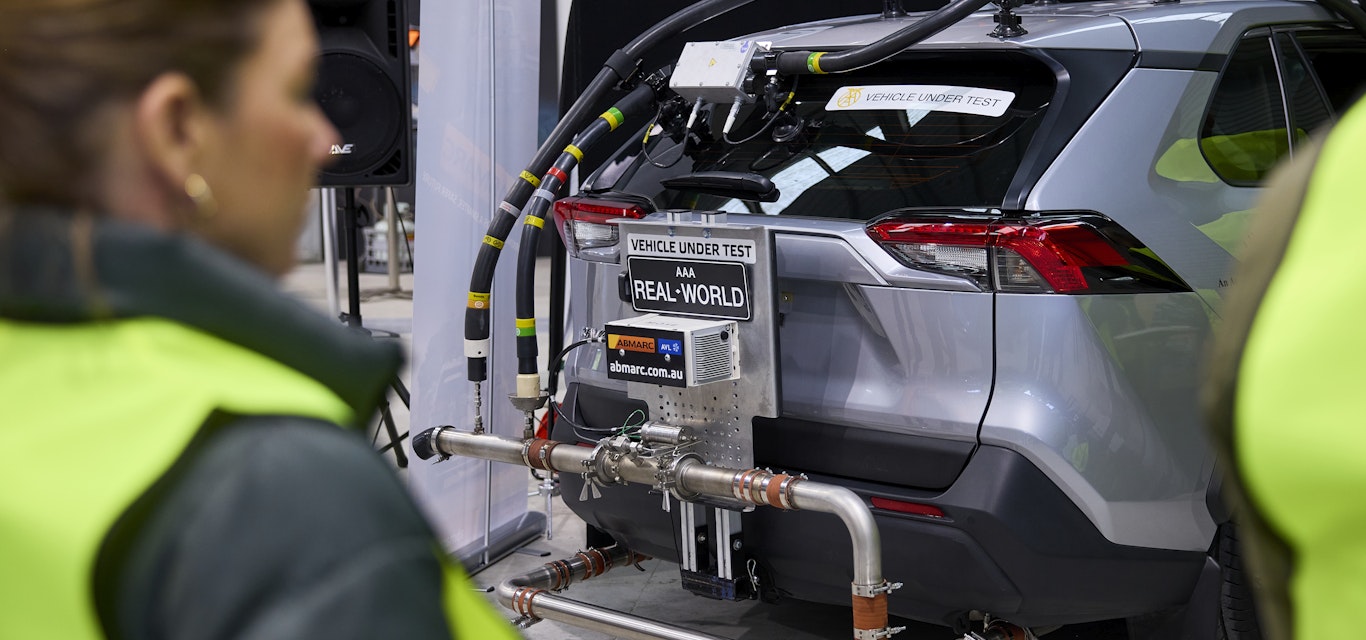Transforming vehicle standards
Driving Australia’s future in efficient and safe motoring with real-word testing
Ever wondered how your RACT membership contributes to safer roads and cleaner air? It’s not just about roadside assistance – it helps fund groundbreaking research that’s making a real difference for all Aussie drivers.
RACT, along with other Australian auto clubs and the Australian Automobile Association, is spearheading the Real-World Testing program. This Commonwealth Government initiative tests popular vehicles in actual Australian conditions, not in labs.
“This research is vital for consumers,” says Ben Hansen, RACT’s Public Relations Manager. “The emissions sticker on a new car doesn’t always tell the whole story. Our real-world tests provide a more realistic picture of a vehicle’s performance and environmental impact.”
The testing process is rigorous. Each vehicle undergoes a 106-minute test on a 96km route in regional Victoria. Tests are repeated for accuracy and conducted by automotive engineers.
Credit: Matt Harvey
Almost 50 of Australia’s most popular vehicles have been put through their paces, with surprises uncovered. The popular 2023 Suzuki Swift is the worst offender to date, guzzling 31% more fuel in real-world conditions compared to its lab test results. On the flip side, the 2023 VW Tiguan showed a 13% improvement in efficiency on our roads compared to the lab.
“The results can be eye-opening,” Hansen notes. “We’ve seen significant differences between lab results and real-world performance. This information can help drivers make more informed choices and potentially save money on fuel costs.”
But that’s not all. RACT is also researching how in-car technology affects driver concentration. “As vehicles become more advanced, it’s crucial to understand how these systems impact road safety,” Hansen explains. “We’re committed to ensuring that technological progress doesn’t come at the cost of driver safety.”
By being an RACT member, you’re supporting this valuable work.
“Every membership contributes to research that benefits all Australian motorists,” Hansen emphasises. “It’s about creating a safer, cleaner future for everyone on our roads.”
Credit: Matt Harvey
